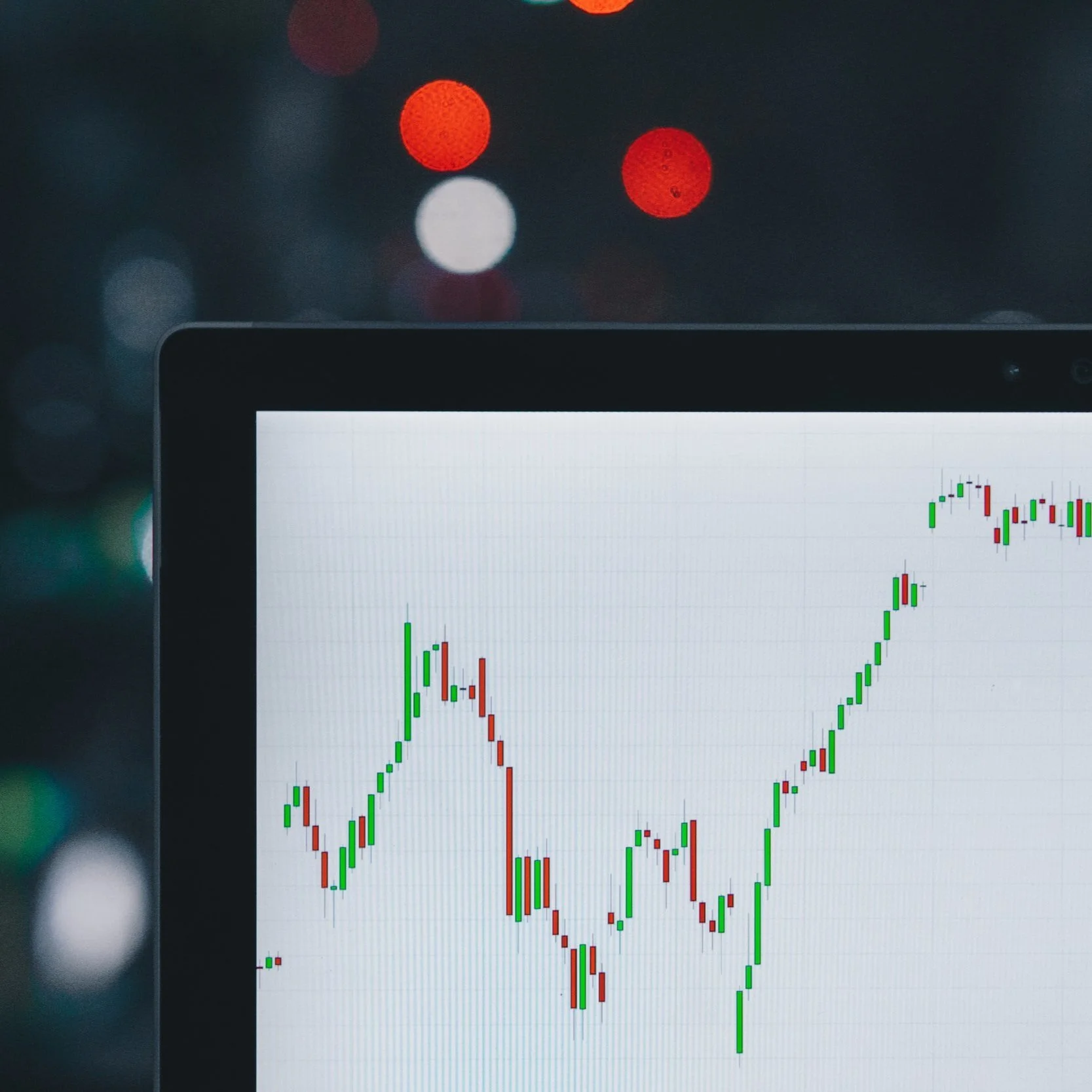SPACs: Is This New Investment Vehicle Here to Stay?
A special purpose acquisition company (SPAC) is a company formed with the purpose of acquiring another company. This “shell company” raises its funds through an IPO, at which point investors only know what the management team and general focus of the SPAC will be. This is why they are considered “blank check” companies, due to the specific target company being unknown to investors. Investors are giving their money to a company without any operations or production, with the assumption that within typically two years, they will acquire a company. With all the mystery, it’s no surprise that many find SPACs shady and would be hesitant to invest in something so unsure. However, as more SPACs are created and have found success over the years, they have gained credibility and popularity. The successful groups and management are what many investors look for in a SPAC. So far in 2020, there have been over 80 SPACs with an average IPO of just over $400 million (SPAC IPO, 2020). This is already triple what was raised in 2018, with nearly double the average raise.
Considering their mysterious nature, you may be wondering why the sudden rise. Investors have a couple of incentives to invest in these companies. Firstly, they receive an interest return for their investment that was sitting, gaining interest while it waits for the board to find a deal. Secondly, the investors have a chance to back out of their investment through their “redemption rights” that when a deal is found and announced, allows the investors the opportunity to approve of the deal, or ask for their money back (CFA, Luis Sanchez, 2020). They are further incentivized by the recent success of SPACs in businesses like DraftKings, Nikola, and Virgin Galactic. Their success lends some credibility to this otherwise shady practice. As Kristi Marvin, the founder of SPACInsider, puts it, “success begets success” (Krantz, 2020). The success of previous SPACs has helped newer companies raise even larger IPOs and make bigger acquisitions. As more SPACs are created and acquire, their management teams gain experience and credibility, encouraging warier investors to join them.
Investors are not the only ones interested in dealing with these SPACs. For a private company, the idea of selling to a SPAC is often far more appealing than going the traditional IPO route. In our present circumstance, private companies can enter into negotiations with a more personal crowd at the SPAC of their choice rather than negotiating with a host of potential investors and having to follow somewhat strict disclosure regulations. “They can have a greater certainty of the price they’re going to get, quicker to market,” says Luis Sanchez, a contributor for the Motley Fool (CFA, Luis Sanchez, 2020). Because they are dealing with one entity, negotiations can be wrapped up in a matter of weeks with a single offer. These SPACs hold large amounts of cash, so a company that may find itself in need of cash quickly with debt hard to come by can turn to a SPAC for a fast deal.
At this point, we have established the importance of SPACs as a deal-making vehicle. In this sense, they will likely be around for a while, but will their popularity continue to accelerate? A recent policy change in the NYSE would imply not. In the past, companies looking to sell equity had to jump through a series of hoops and costly processes to list their shares through a “traditional IPO.” This has, as Thornton McErny from the New York Post puts it, led to “large companies… increasingly shunning the costly traditional IPO in favor of direct listings or special purpose acquisition companies” (McErny, 2020). This new rule change makes direct listings easier for many by allowing companies that have not previously listed their securities to operate a direct listing. This makes a direct listing through the exchange a much more viable option, and will likely detract directly from the number of SPACs. As the SPACs are not as profitable for the exchanges and shadier investments overall, it is likely that many companies and investors will shift their focus back onto direct listings as regulations fall.
In conclusion, while SPACs are certainly here to stay and enjoy the spotlight for the moment, it is unlikely that they are going to replace IPOs as we know them. Rather, we may see a number of successful SPACs and management teams thrive for the next few years, with their numbers dwindling over time as interest moves back into direct listings on the exchanges.
Works Cited:
CFA, Luis Sanchez. “Why SPACs Are So Popular.” The Motley Fool, The Motley Fool, 10 July 2020, www.fool.com/investing/2020/07/10/why-spacs-are-so-popular.aspx.
Krantz, Matt. “SPAC Isn't A Four-Letter Word With Investors Anymore.” Investor's Business Daily, 27 Aug. 2020, www.investors.com/news/new-stocks-to-buy-spacs-invest-ipo-nikola-virgin-galactic/.
McEnery, Thornton. “NYSE Relaxes Fundraising Rules in Troubled IPO Market.” New York Post, New York Post, 28 Aug. 2020, nypost.com/2020/08/28/nyse-relaxes-fundraising-rules-amid-lackluster-ipo-market/.
“SPAC IPO Transactions Statistics” SPACInsider, 28 Aug. 2020, spacinsider.com/stats/.
Young, Julie. “Special Purpose Acquisition Company (SPAC).” Investopedia, Investopedia, 29 Aug. 2020, www.investopedia.com/terms/s/spac.asp.






